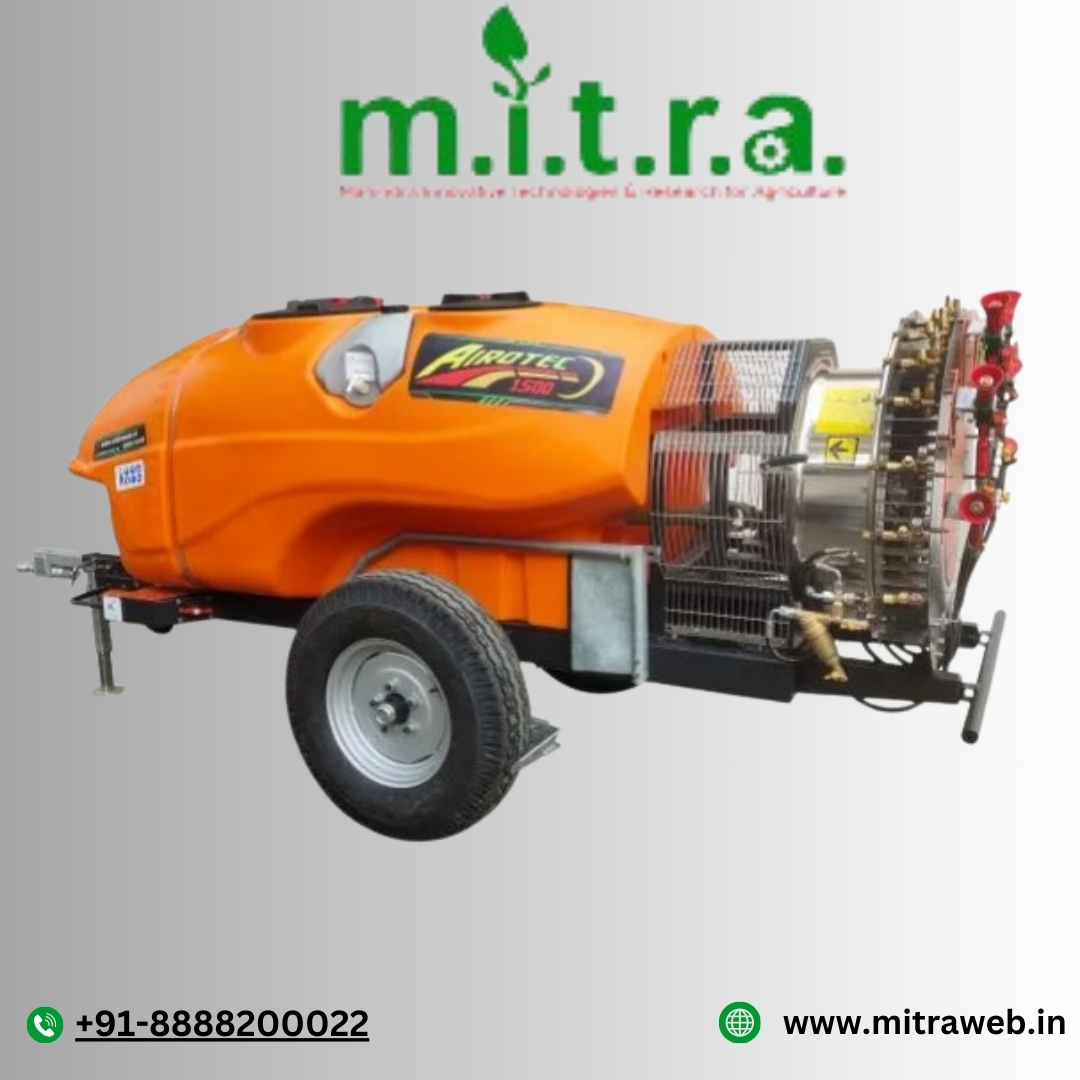Introduction
Modern farming relies on technology to improve efficiency, save time, and boost productivity. One essential tool for farmers today is the tractor sprayer pump, which simplifies the process of spraying fertilizers, pesticides, and other liquid solutions across large fields. Using a tractor sprayer not only reduces manual labor but also ensures uniform spraying, helping crops thrive.
In this guide, we will explore everything you need to know about tractor sprayers and their pumps, including benefits, types, and tips for optimal use.
What is a Tractor Sprayer Pump?
A tractor sprayer pump is a machine mounted on a tractor that helps in spraying chemicals like fertilizers, herbicides, and pesticides. It uses the tractor’s power to pump the solution through nozzles, delivering it evenly across the crops.
Farmers use a tractor sprayer because it offers precision and speed, reducing wastage and ensuring crops get the care they need.
Benefits of Using Tractor Sprayer Pumps
- Efficient Coverage: A tractor sprayer covers large farming areas in a short time, ensuring every inch of the field is treated.
- Reduces Labor Costs: Manual spraying is labor-intensive and time-consuming. With a tractor sprayer pump, farmers can cut costs and save time.
- Uniform Distribution: Tractor sprayers ensure even spraying of liquid solutions, which improves crop growth and reduces damage.
- Multi-purpose Use: Whether it’s applying fertilizers, pesticides, or herbicides, tractor sprayer pumps can handle various tasks.
- Increases Productivity: With time saved and reduced errors, farmers can focus on other farming activities, leading to higher yields.
Types of Tractor Sprayers
Understanding the different types of tractor sprayers can help farmers choose the best one for their needs:
1. Boom Sprayers
Boom sprayers are ideal for large farms. They come with long horizontal arms (booms) fitted with multiple nozzles that spray liquid evenly over a wide area. They work efficiently for crops like wheat, rice, and corn.
2. Mist Blowers
Mist blowers generate a fine mist that covers plants and crops effectively. These sprayers are commonly used in orchards, vineyards, and other dense crop areas.
3. Knapsack Sprayers (Mounted on Tractors)
Although knapsack sprayers are generally manual, they can also be mounted on tractors for improved coverage and efficiency. They work well for small to medium farms.
Factors to Consider Before Choosing a Tractor Sprayer Pump
Before investing in a tractor sprayer pump, here are key factors to consider:
1. Farm Size
Choose a sprayer based on the size of your farm. Large farms benefit from boom sprayers, while smaller farms may prefer mist blowers or knapsack sprayers.
2. Pump Capacity
The pump's capacity determines the area it can cover and the amount of liquid it can spray at once. Higher capacity pumps are ideal for larger fields.
3. Nozzle Type
Nozzles play a crucial role in the efficiency of a sprayer. Different crops require different spray patterns, so choosing the right nozzles is essential.
4. Power Source
Tractor sprayers are powered by the tractor’s engine. Ensure the sprayer you choose is compatible with your tractor’s power output.
5. Ease of Maintenance
Select a sprayer that is easy to clean and maintain. This ensures a longer lifespan and better performance.
Tips for Using a Tractor Sprayer Effectively
To get the best results with your tractor sprayer, follow these tips:
- Calibrate the Sprayer: Regularly check and calibrate your sprayer to ensure accurate liquid distribution.
- Choose the Right Pressure: Adjust the pump pressure according to the crop and solution being sprayed.
- Use Proper Nozzles: Different crops require different spray patterns, so always use the correct nozzle for the job.
- Clean the Sprayer Regularly: After each use, clean the pump, pipes, and nozzles to prevent clogging.
- Wear Protective Gear: Always wear safety equipment to protect yourself from chemicals during spraying.
- Check Weather Conditions: Avoid spraying during windy or rainy conditions to prevent chemical drift and wastage.
Why Farmers Prefer Tractor Sprayers
The demand for tractor sprayers has increased in recent years due to their ability to simplify farming operations. Here’s why farmers prefer them:
- Time-Saving: Tractor sprayers can cover large fields quickly, saving time during peak seasons.
- Cost-Effective: Investing in a tractor sprayer pump reduces labor costs and chemical wastage.
- Precision: These sprayers deliver chemicals precisely where needed, minimizing damage to crops.
- Durability: Tractor sprayers are designed for long-term use, making them a worthwhile investment.
Maintaining Your Tractor Sprayer Pump
Proper maintenance ensures your sprayer pump operates efficiently for years. Here’s a maintenance checklist:
- Clean After Use: Rinse the pump, pipes, and nozzles thoroughly after each spraying session.
- Check for Leaks: Regularly inspect pipes, joints, and nozzles for leaks or damages.
- Lubricate Moving Parts: Keep the moving parts lubricated to prevent wear and tear.
- Store Safely: Store the sprayer in a dry place to prevent rust and corrosion.
- Replace Worn-Out Parts: Periodically check and replace worn-out or damaged components.
How to Buy the Best Tractor Sprayer
When buying a tractor sprayer pump, it’s essential to check online platforms and reviews to find the best model. Compare prices, features, and user feedback to make an informed decision.
For detailed information on tractor sprayer pumps, you can visit this resource.
To explore more about tractor sprayers, check out this guide.
Conclusion
A tractor sprayer pump is an indispensable tool for modern farmers, offering efficiency, precision, and cost savings. Whether you have a large farm or a small one, choosing the right tractor sprayer can significantly enhance your productivity and crop health.
By understanding the types of sprayers, their benefits, and proper usage, farmers can make the most of this powerful equipment. Investing in a good-quality sprayer will not only save time and money but also contribute to better yields and healthier crops. Start your journey to efficient farming today!





Comments